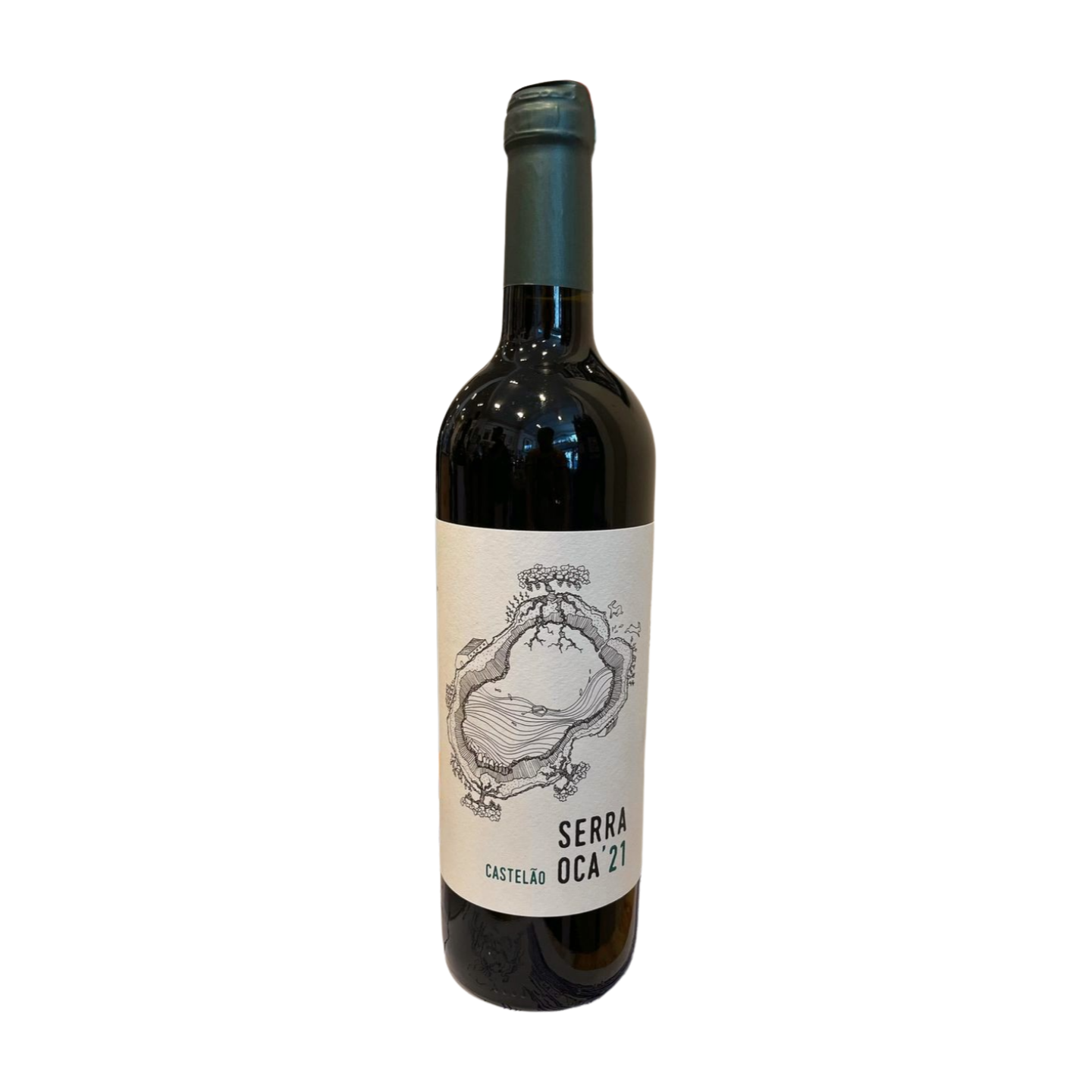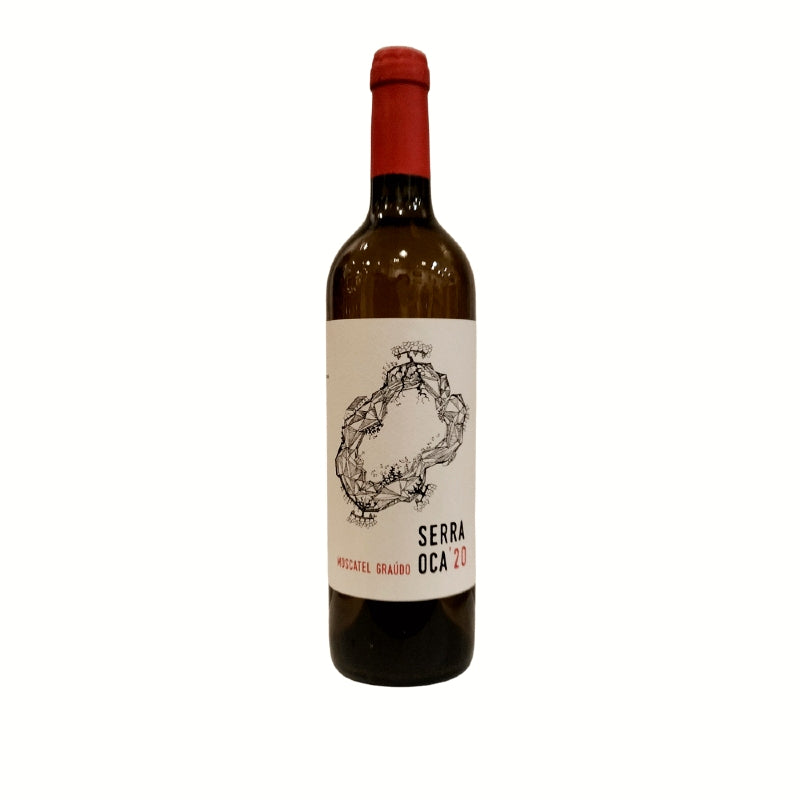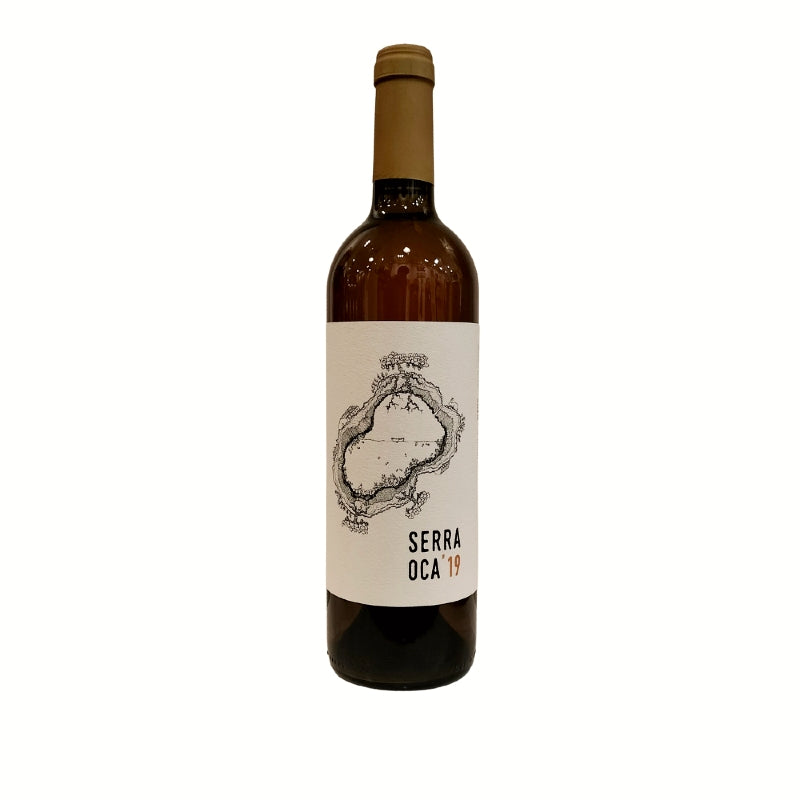Serra Oca
Serra Oca is a renowned wine producer located in the Lisbon region of Portugal, known for its commitment to organic and sustainable wine production. The brand is part of Quinta do Olival da Murta, which has become a notable name in the Portuguese wine industry. Serra Oca wines are crafted from indigenous Portuguese grape varieties, including Aragonês, Castelão, and Moscatel Graúdo, among others. These wines are celebrated for their natural production processes and adherence to traditional winemaking techniques.
The history of Serra Oca dates back to 2013 when their first wine was produced. Since then, the Vivas family has maintained a focus on organic agriculture, ensuring that all their grapes are cultivated without synthetic chemicals, which is a testament to their sustainable practices. The grapes are harvested manually, a method that not only preserves the quality of the fruit but also supports the local community by providing employment opportunities.
Winemaker Joana Vivas' process at Serra Oca is characterized by simplicity and respect for the natural characteristics of the grapes. This approach aligns with the broader philosophy of Quinta do Olival da Murta, which emphasizes minimal intervention in the winemaking process to allow the true essence of the terroir to shine through in each bottle.
Serra Oca's commitment to sustainability is further highlighted by their organic certification, which assures consumers that the wines are produced in an environmentally friendly manner. This certification is a significant achievement, reflecting the producer's dedication to maintaining ecological balance and promoting biodiversity in their vineyards.
Overall, Serra Oca represents a harmonious blend of tradition and innovation, offering wines that are not only rich in flavor but also in history and sustainable practices. Their wines are a reflection of the Lisbon region's rich viticultural heritage and a testament to the potential of organic winemaking in Portugal.
Filters
Portuguese wine
Frequently asked questions
The entire country of Portugal is divided into 14 different wine regions, including in the Azores and Madeira islands. Some of Portugal's most famous winemaking regions include the Douro Valley (known for Port) and Vinho Verde (known for its light, refreshing white wines).
Portugal is becoming more well known for its orange wines, talha wines (traditionally made in clay pots), and palhete (made by blending red and white grapes together).
Portugal is best known for its fortified wine, called Port wine. It is produced in the Douro Valley, which is a UNESCO World Heritage Site and recognized as the world's first demarcated wine region, established in 1756.
Vinho Verde in northern Portugal is another popular winemaking region characterized by rolling hills and lush landscapes. It's known around the world for low-alcohol, refreshing white wines, although the region traditionally focused more on red wines made with the fruit-forward vinhão grape.
The Portuguese island of Madeira, with its subtropical climate, is renowned for its fortified wines. Winemaking here dates back to the 15th century, when Portuguese
explorers brought grape varieties from around the world.
Our sustainable, natural wine shop is located in the Marquês neighborhood in Porto, Portugal. We also ship to countries around the world, including within Europe, the United States, Canada, Australia, China, and more. Review our Shipping Policy to learn more.
In recent years, there has been a notable shift toward sustainable viticulture and the production of natural wine in Portugal. Many winemakers are implementing organic farming practices and embracing biodiversity to maintain soil health and reduce chemical inputs. This commitment to sustainability is not only beneficial for the environment but also enhances the quality of the wines, allowing the unique characteristics of the terroir to shine through. For example, some winemakers are now utilizing ancient terracotta amphorae for fermentation (called talha in Portuguese). This method preserves regional cultural heritage, enhances the wine's character, and aligns with sustainable practices by reducing reliance on modern materials.



